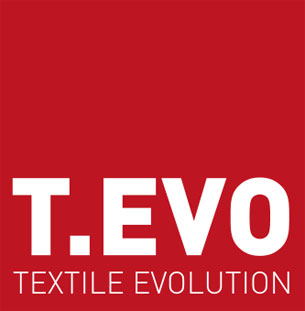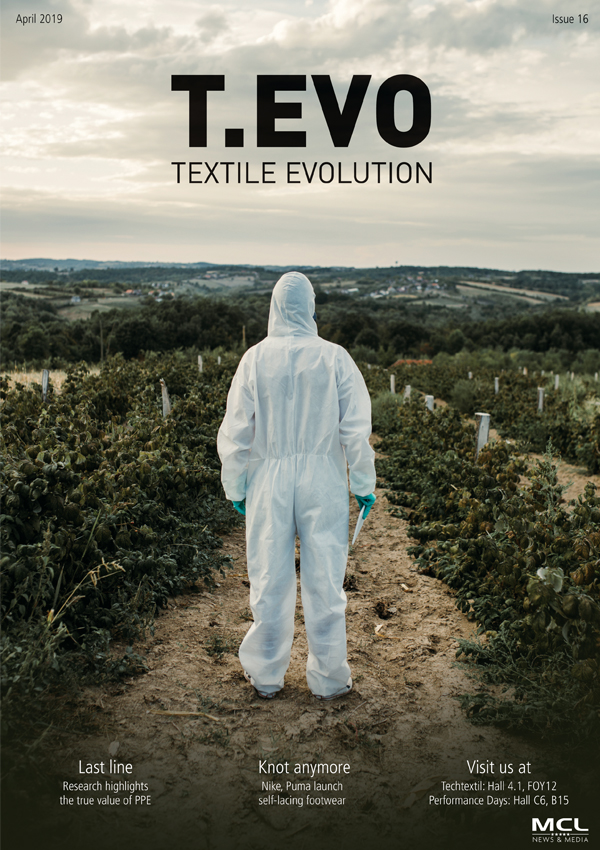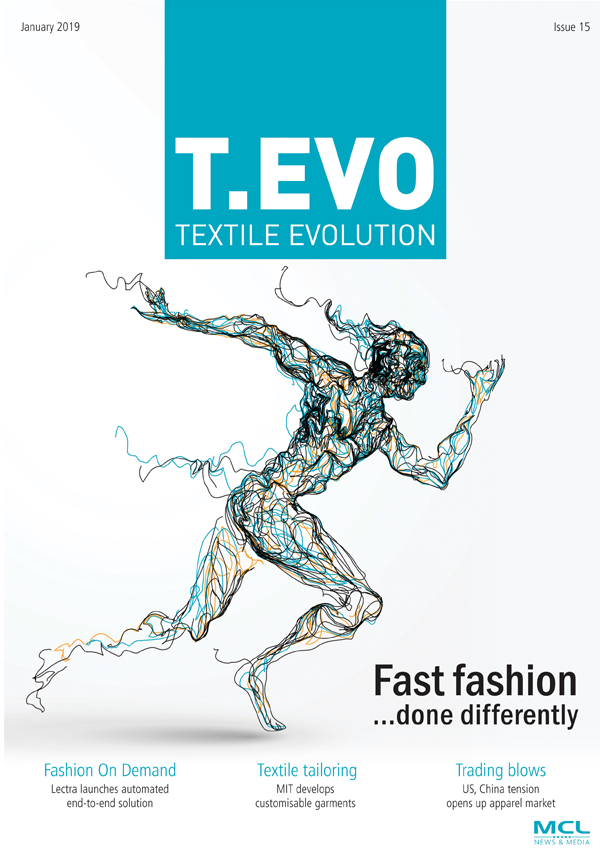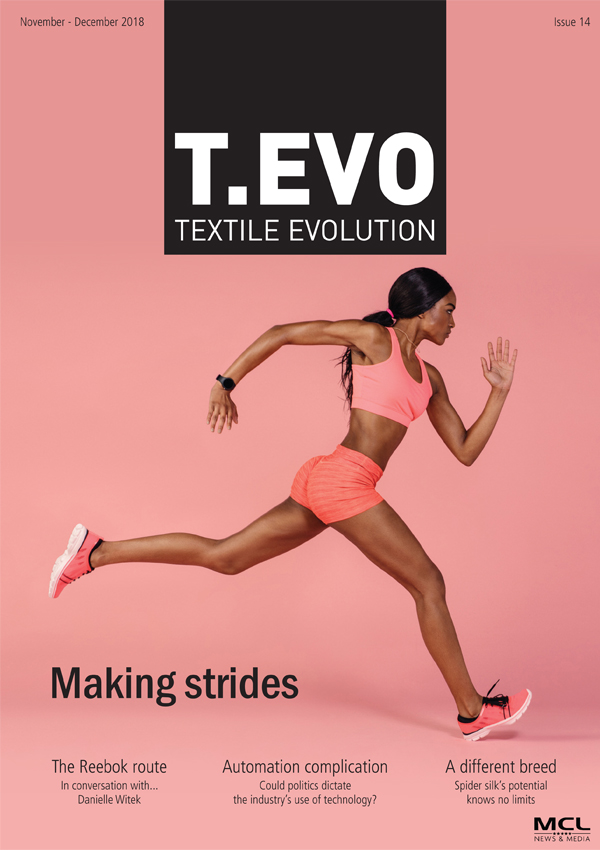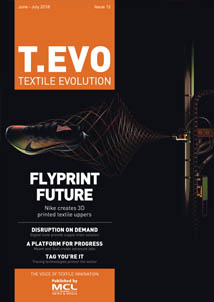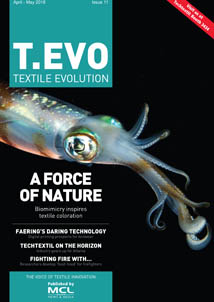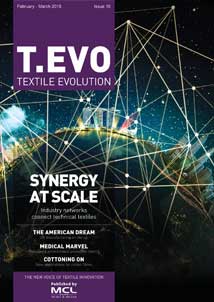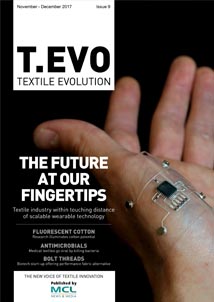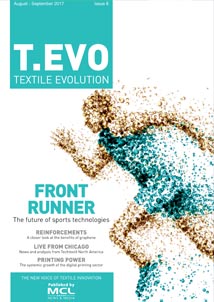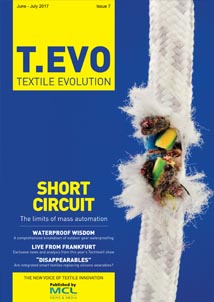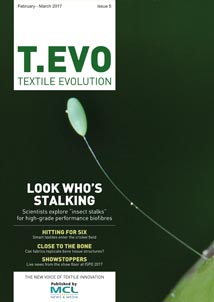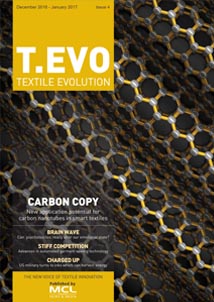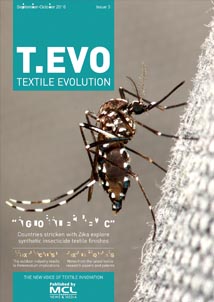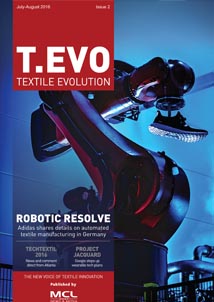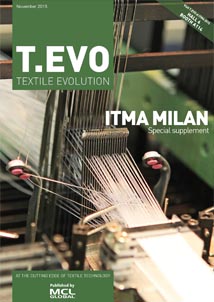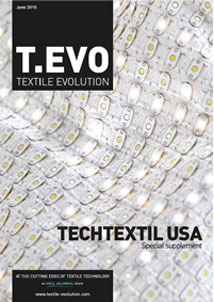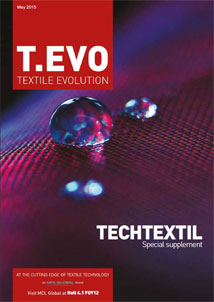CAMBRIDGE – A research team at the Harvard John A. Paulson School of Engineering and Applied Sciences (SEAS) has developed a 3D-printed biocompatible material, made from the protein keratin, that can achieve reversible shape memory, a trait which could adapt clothing depending on a trained stimuli.
The example of hair straighteners touching damp hair, which causes curls, is used, to support the idea that one day clothing could be manipulated to perhaps stretch or shrink to a person’s measurements when exposed to something like moisture or heat.
“Whether you are using fibres like this to make brassieres whose cup size and shape can be customised every day, or you are trying to make actuating textiles for medical therapeutics, the possibilities for this work are broad and exciting," said Kit Parker, the Tarr Family Professor of Bioengineering and Applied Physics at SEAS.
